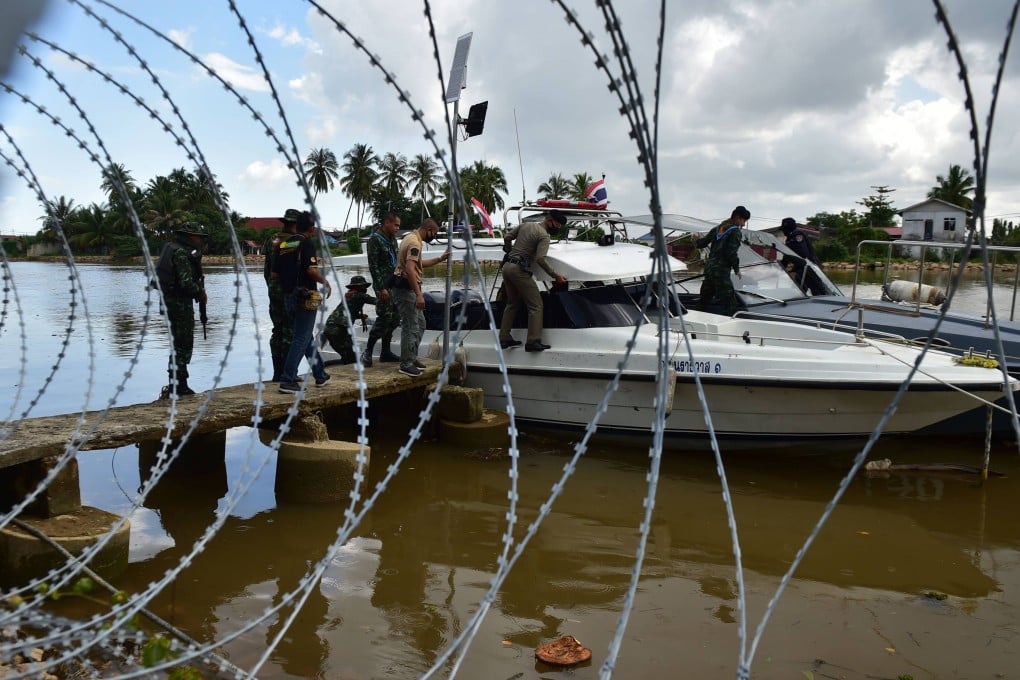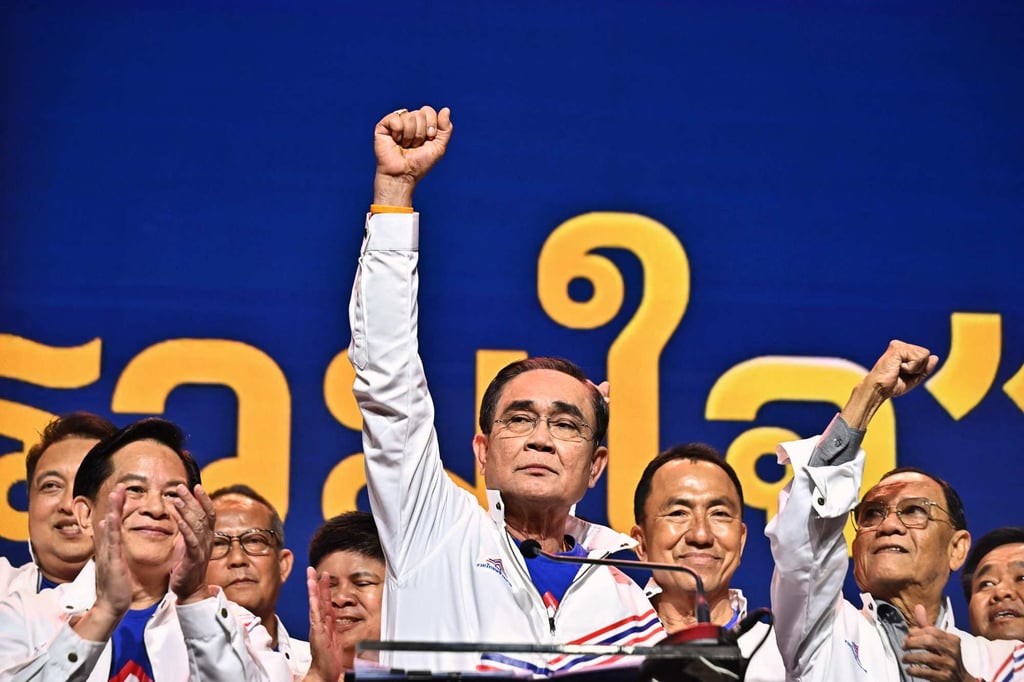Thailand’s ‘Deep South’ conflict in focus as Malaysia’s Anwar Ibrahim meets Prayuth Chan-ocha
- Meeting will focus on border area between the countries, where a near two-decade insurgency is undermining big investment plans for the zone
- Malaysia has mediated several rounds of peace talks between Bangkok and some insurgent factions, but the meetings have made little impact

“Focus areas include economic cooperation, border area development and key connectivity projects crossing the land borders,” the Malaysian foreign ministry said in a statement ahead of the visit on Wednesday.

But the area is gripped by an insurgency against Thai rule by fighters from the Muslim-Malay majority. The zone was annexed by Buddhist-majority Thailand over a century ago and has been governed under martial law since 2004, prompting widespread allegations of rights abuses as well as the railroading of Malay culture and education by the Thai state.
More than 7,000 people have died in that time, most are civilians caught in security operations by the Thai forces who swamp the area as well as in shootings and bomb blasts by the publicity-shy separatist groups, who move freely across the porous border to Malaysia.